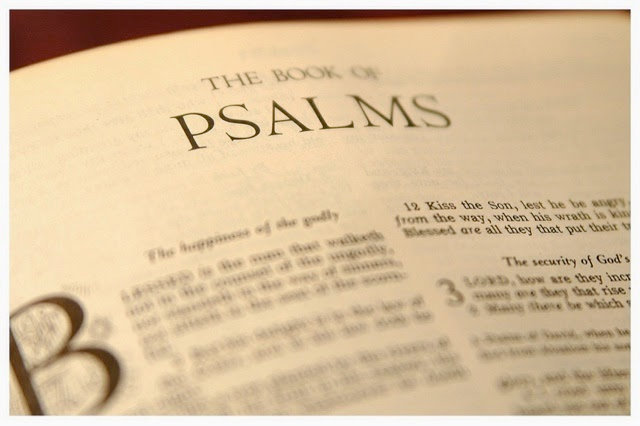GETTING THE MESSAGE/God as our dwelling place
As we begin the New Year, we are reminded in Psalm 90 of how quickly time passes and the need we have to make sure of our standing with God. Moses, who wrote the psalm, gives us facts about God and this world that clarify that need.
First, he tells us that God is from everlasting to everlasting. Our world had a beginning (verse 2), God did not. He has always been and always will be. Truths about God are deep things, but his eternity is the highest mystery.
Moses speaks of God as our dwelling place (verse 1). Those who believe God have him as their dwelling place. It is already a fact, although it is not yet complete. Abraham, the father of the faithful, had no permanent dwelling in this world, but God was his great reward (Genesis 15). Christians are pilgrims in this world. God is their spiritual dwelling place now, but they are heading toward dwelling with God in the place he has prepared for them (John 14).
So having God as your dwelling means an eternal dwelling. It is in stark contrast to the plight of man Moses points us to next. Our lives in this world are exceedingly brief. We will return to the dust (verse 3) because we are under the sentence of death due to sin.
Compared to God’s eternity, our days are like a watch in the night (verse 4) or a few hours. Moses uses metaphors of a flood that washes away everything in its path and grass that flourishes in the morning but wilts by evening to show us how soon we will leave this world. This is meant to humble us; our time is not long. We must seek the Lord while he may be found.
This uncomfortable truth is combined with the next fact, which is that mankind is under the wrath of God (verse 7). God is angry with sin. All men are sinners; therefore his wrath is against us. Moses says it is just, for God knows all our sin, even the secret sins (verse 8). What mouth will not be silent when that which is hidden is brought out into the light of God?
Moses saw this in his life. He saw God sweep away the Egyptians with plagues and the Red Sea. He saw the earth open and swallow those who rebelled against God’s word. God’s wrath is no fantasy or empty threat to scare people. God is angry with the corrupt hearts and deeds of men. As the apostle says, “It is a terrible thing to fall into the hands of the living God” (Hebrews 11).
When Moses considers this, he becomes depressed (verse 9). It is a good depression. Anyone who considers God’s wrath against men in this world will mourn under it and turn to the Lord. With this in mind, Moses chose the reproach of Christ over the treasures of Egypt (Hebrews 11).
The thought of God’s wrath, like the doctrine of eternity, is hard to wrap your mind around. Moses asks the question, “Who considers the power of your anger, and your wrath according to the fear of you?” (Verse 11).
No one can comprehend it entirely, but there is no more plain evidence of unbelief than men living unconcerned about God under all the expressions of God’s wrath in this world. The position of the unbeliever before God is unspeakably dismal, yet he carries on day after day confidently and defiantly. The brevity of life and wrath of God are realities that demand wisdom (verse 12).
Moses points us to where we can find hope: God is abundant in mercy. Moses, in a humble posture, asks the Lord to pity us (verse 13). He speaks of God’s steadfast love (verse 14) which points to the promise of Christ. God’s wrath crystalizes our need of him and the salvation he brings.
Jesus said Moses wrote of me (John 5). And indeed he did. He wrote of him in Genesis 3 as the seed of the woman who would crush the head of the devil, in Genesis 12 as the descendent of Abraham who would bless the nations, in Exodus 12 as the Passover Lamb, and many other places.
The point is that Christ is the way of life, and God’s word is full of him. Christ is offered that mankind may seek the Lord. God gave his Son to bear the iniquity of us all. He is the great salvation Moses and all the prophets point us to. “Jesus paid it all; all to him I owe” is the foundation of the Christian’s life.



